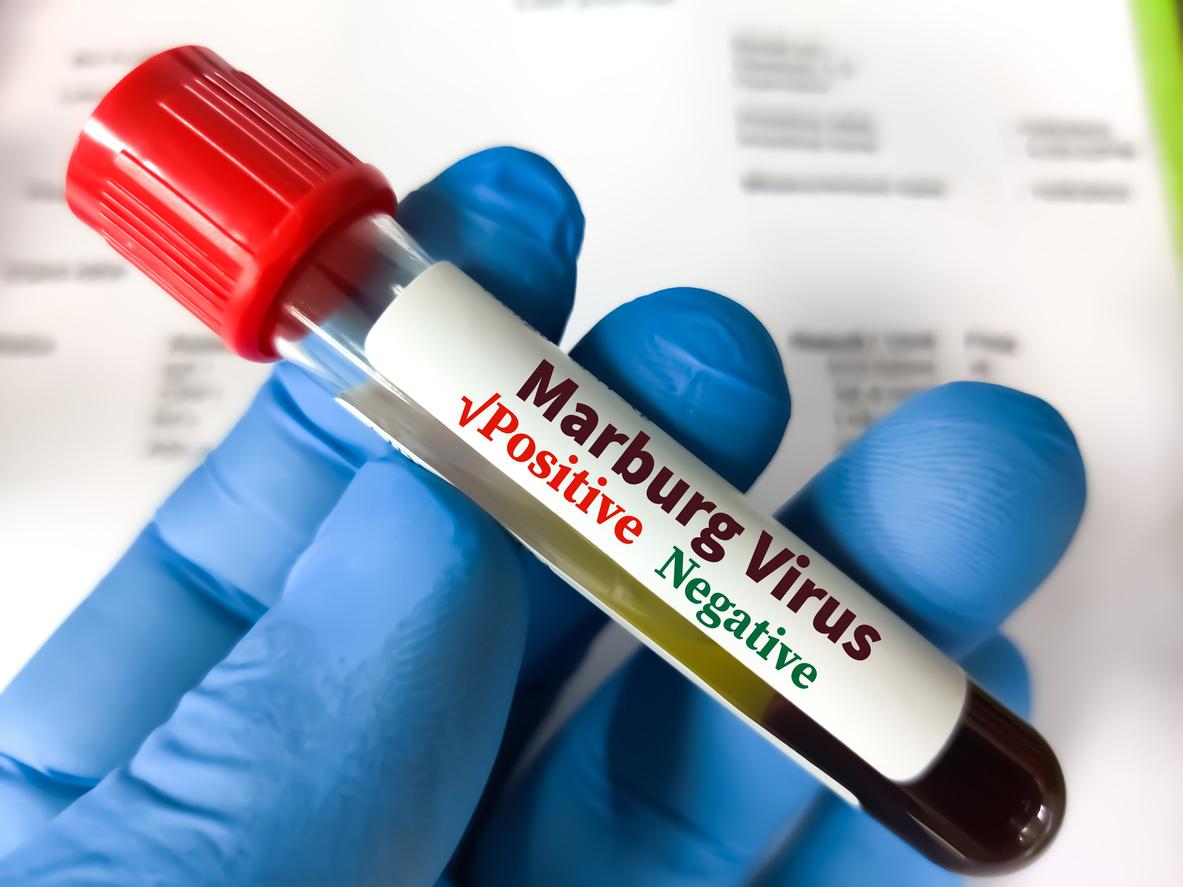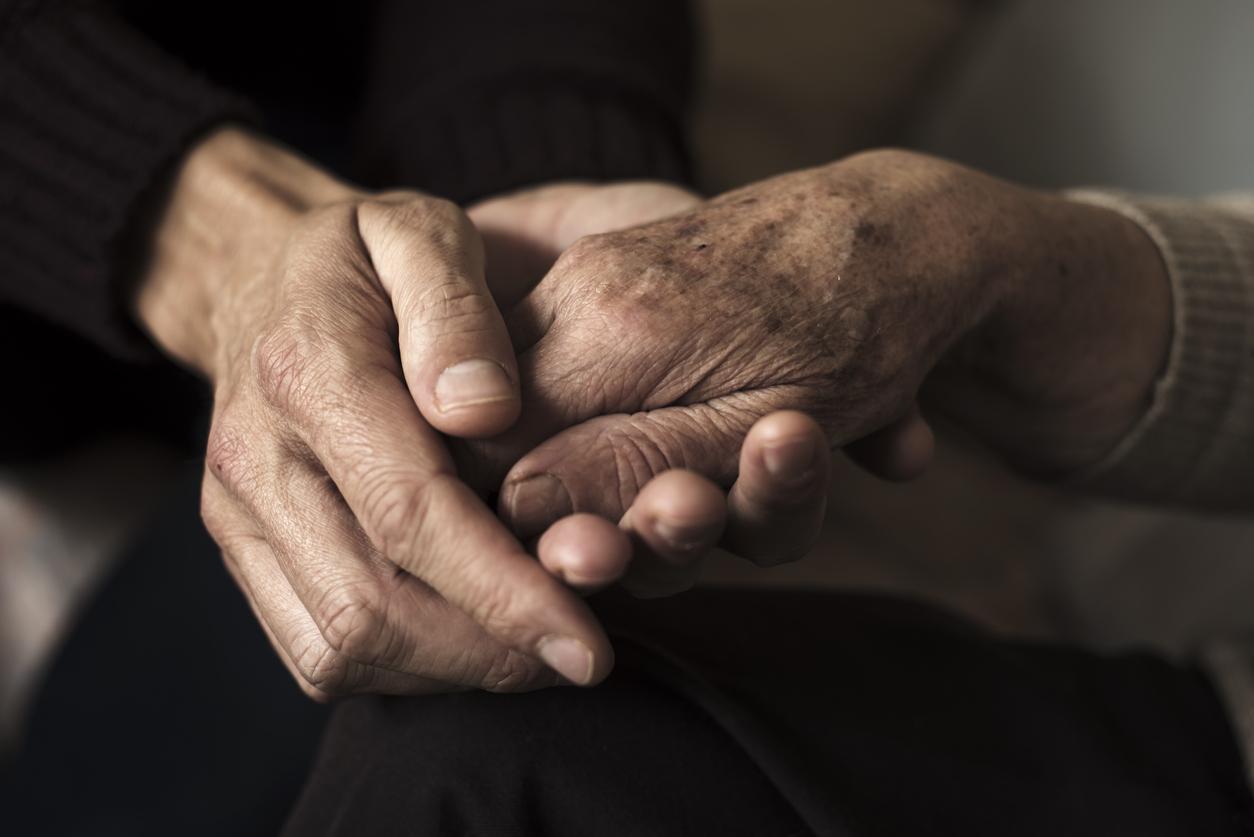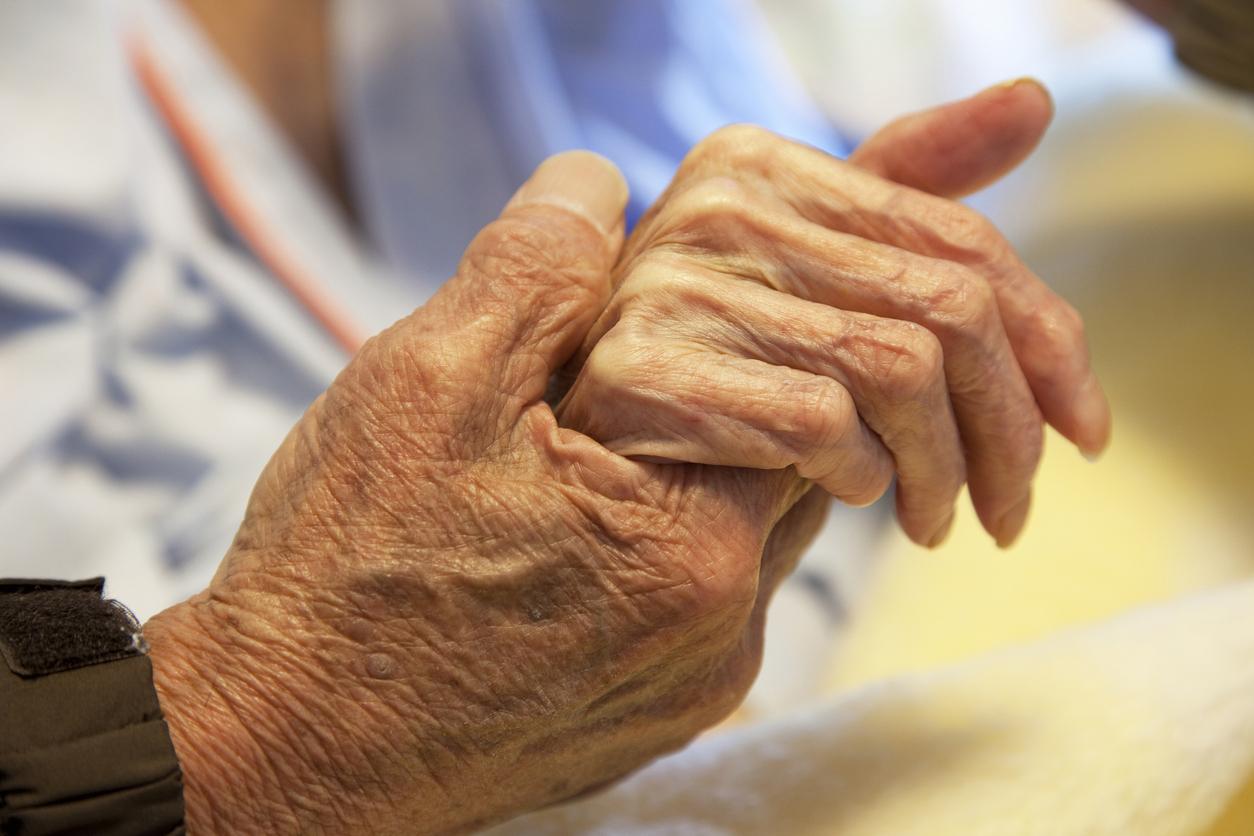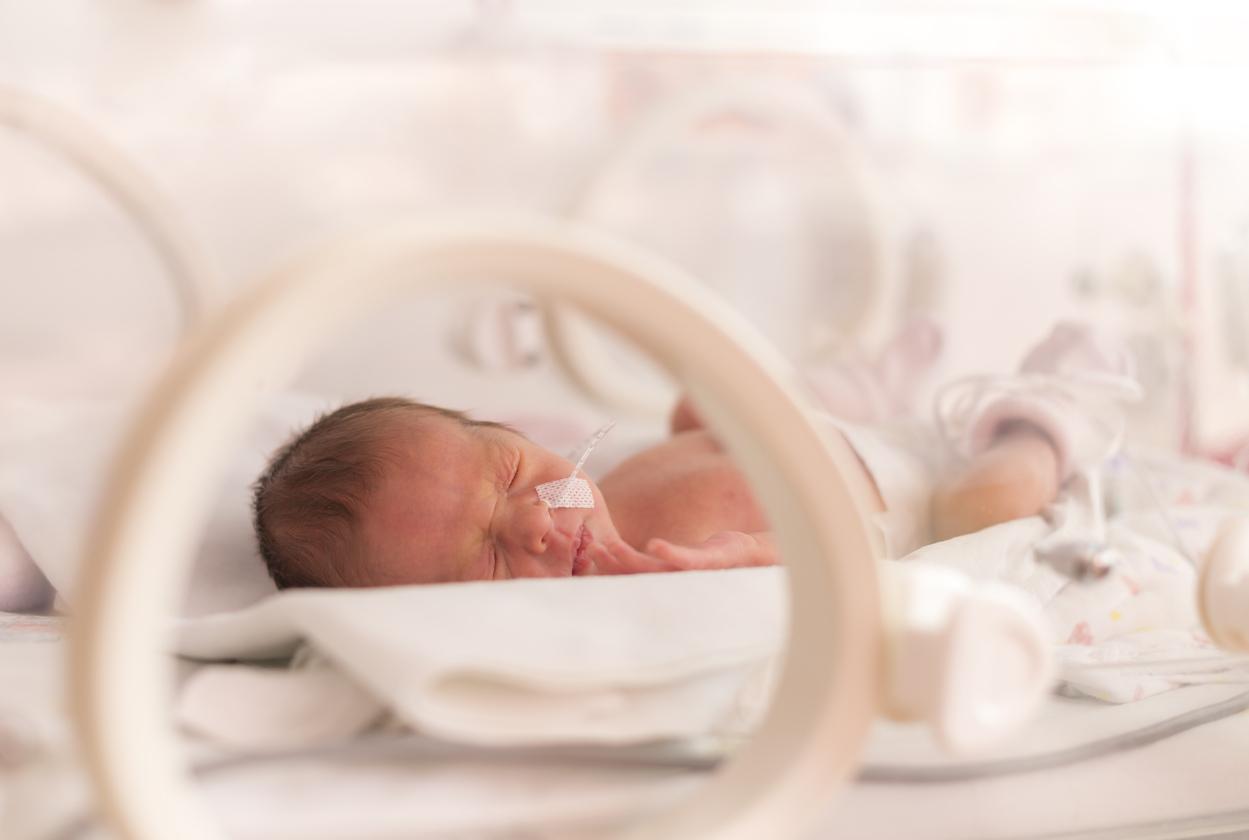The investigation did not reveal any infringement in the hematology service of the Nantes University Hospital and in the laboratory manufacturing the anti-cancer drug.

Ten months after the suspicious death of 3 patients treated for lymphoma at the Nantes University Hospital, the Paris prosecutor’s office decided to dismiss the investigation. A source close to the file would have indicated that it “did not reveal any criminal fault, neither within the medical teams of the hospital center, nor in the laboratories which marketed Endoxan”. These deaths would be linked to a “therapeutic hazard”.
These deaths were declared between November 10 and 13, 2016. A 4th patient had also presented cardiac complications but was able to do so. All were hospitalized at Nantes University Hospital to benefit from “an intensive chemotherapy treatment with autograft”.
This protocol consists of administering a treatment for 5 days, then performing a transplant to “rebuild” the stock of white blood cells and platelets in the patients. The 3 deceased patients aged 61 to 65, as well as the 4th patient under 40, received cyclosphosphamide. This anti-cancer drug has been used for over 20 years in many cancerous pathologies.

A protocol called into question
But as a precaution, the Ministry of Health had recommended stopping this protocol. He then asked the hematology teams to use melphalan, an alternative that is experiencing many outages. Before this recommendation, the doctors of the anti-cancer centers in Nantes as elsewhere reserved this drug for patients suffering from myeloma (a cancer of the bone marrow) who cannot receive other therapies.
A therapeutic choice which is not at the origin of the deaths, concluded the investigators of the public health pole of the Tribunal de Grande Instance of Paris. According to their investigations, no anomalies were detected among the administered batches. The laboratory also did not commit any offense. Conclusions which join those of the General Inspectorate of Social Affairs (Igas).
The investigation for “involuntary homicides and involuntary injuries with ITT greater than three months”, was therefore closed on July 17 by the court.
.















